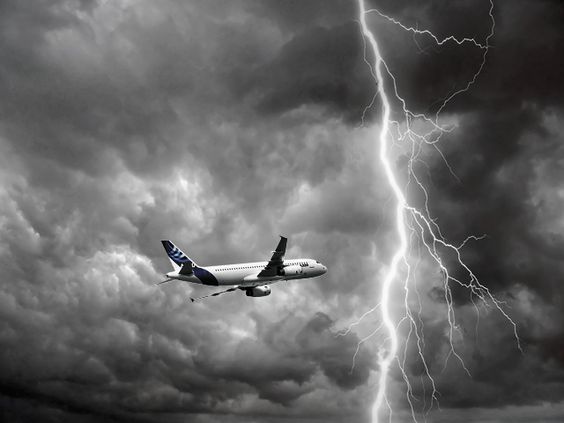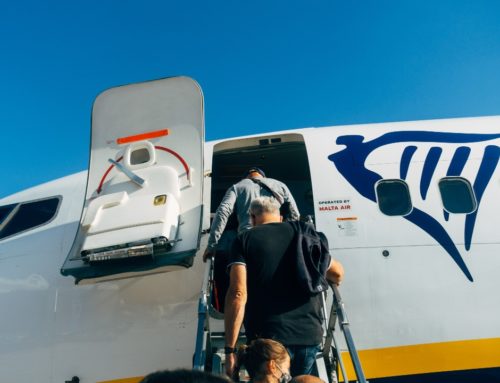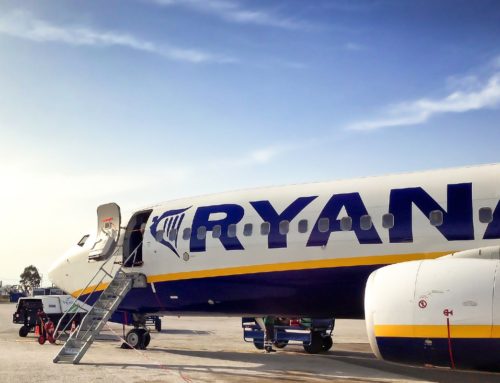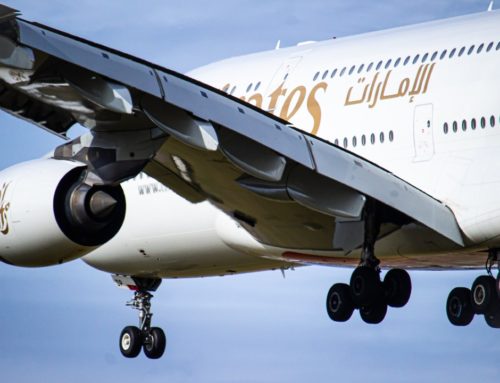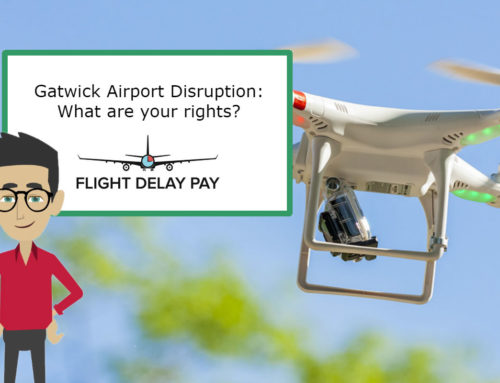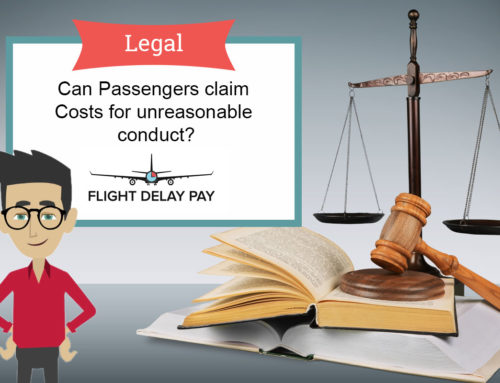Airlines will often cite adverse weather as a reason for a delay. This raises the question – is this a valid reason for not paying a compensation claim under EU261/2004? This article is to better help you understand when a claim is likely to be successful.
FROM THE BLOG: EU261 Extraordinary Circumstances Explained
Under the EU261/2004 Airlines are obliged to pay compensation in certain circumstance chiefly when a flight is delayed by more than three hours. However, the Airlines can escape from the obligation to pay compensation if the problem causing the delay falls within the definition of “extraordinary circumstances”.
“Extraordinary Circumstances” are defined as
- Not inherent in the normal activity of the Airline and
- Outside the control of the Airline.
Now it will be noted that adverse weather is outside the control of the Airline however, it can be inherent in the normal activity of the Airline. Adverse weather in itself does not qualify as extraordinary circumstances.
When Do Adverse Weather Conditions Become an Extraordinary Circumstance?
To be used as a defence the weather conditions must be wholly exceptional and the weather conditions must affect the flight in question rather than the incoming flight on the previous sector.
The National Enforcement Bodies (NEB) have issued some guidance as to what is an extraordinary circumstance. They say the event must be unpredictable, unavoidable and external. With regard to weather, they say under item 10 of their guidance notes:
“Weather conditions incompatible with the safe operation of the flight. These weather conditions may be forecast to arise at either the airport of departure, the airport of arrival or along the intended flight path of the aircraft”
The key point here is the safe operation of flights. The safety of the flight is the responsibility of the airline but at the airport, the Air Traffic Control authorities will govern when it is safe to fly and the number of landings permitted in certain circumstances.
The above is often cited by airlines when denying a claim but this is for guidance only. The airline must prove the circumstance alleged and clearly demonstrate how it resulted in the flight disruption. Furthermore, the airline must explain what measures were taken to avoid the disruption.
In order to be certain that weather conditions qualify as exceptional, they must be wholly exceptional and directly affect the flight in question. This usually results in actions taken by third party authorities resulting in:
- i Air Traffic Control (ATC) reducing the number of slots available to Airlines
- ii ATC deciding to delay a flight causing knock-on problems throughout the day.
- iii An airport is closed due to bad weather by the authorities
In a recent court case, Her Honour Judge Clarke when commenting on bad weather said
“ I give no weight to it
[the CAA’s list]. It is not legally binding. It is clear from its long list of deletions and amendments, arising from changes enforced upon it by decided cases, that the Civil Aviation Authority’s view on what should be considered extraordinary circumstances for the purposes of Article 5(3) has often been at odds with that of the courts. I cannot see that it helps me at all”She also went on to say
“Weather, such as lightning, that is ‘inherent in the normal exercise of the carrier’s activity’ is not an extraordinary circumstance”.
Whilst the above appears relatively clear it has come to our attention that the courts are sympathetic towards Airlines where planes are out of place due to severe weather conditions. The courts are likely to consider whether it would have been possible for the airline to avoid the delay.
Like most matters in the flight compensation world, the likelihood of a successful claim will turn upon the individual circumstances.
Can I Claim Flight Delay Compensation Caused by Adverse Weather?
Adverse weather claims may or may not be successful so we recommend discussing your claim with an expert who can advise you how to proceed.
Flight Delay Pay has experience of how the courts view weather-related disruption and which cases are likely to be won and those which not they also have access to a database of weather recordings at all the major airports that record weather information on an hourly basis. This is an invaluable tool when putting together your case for compensation.
Flight delay claims involving adverse weather are difficult but we would be pleased to help. If you would like to discuss your case please call +441342889777 and speak to one of our experts or join the live chat via our homepage – Flight Delay Pay
Try our Claim Calculator – See how much your claim is worth

